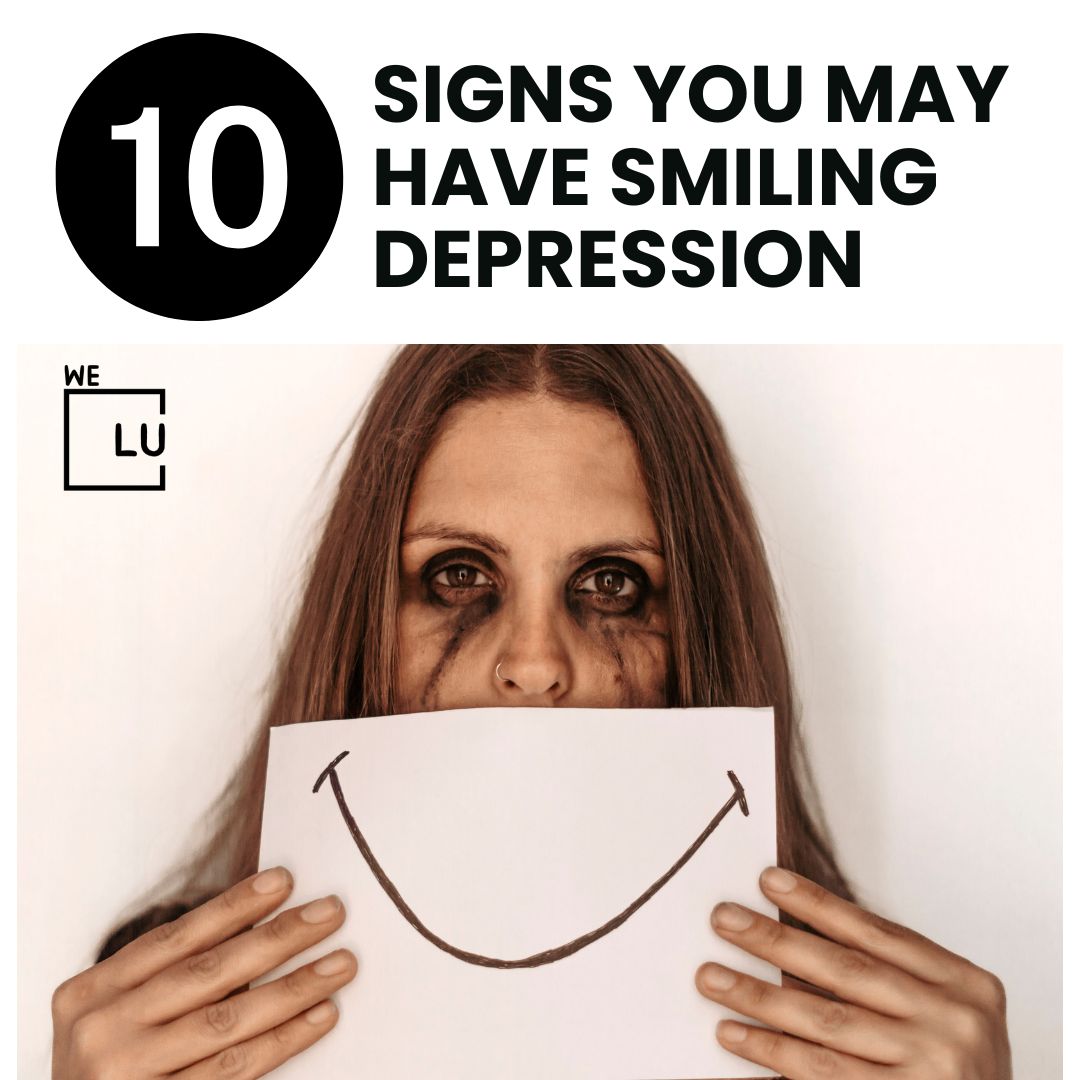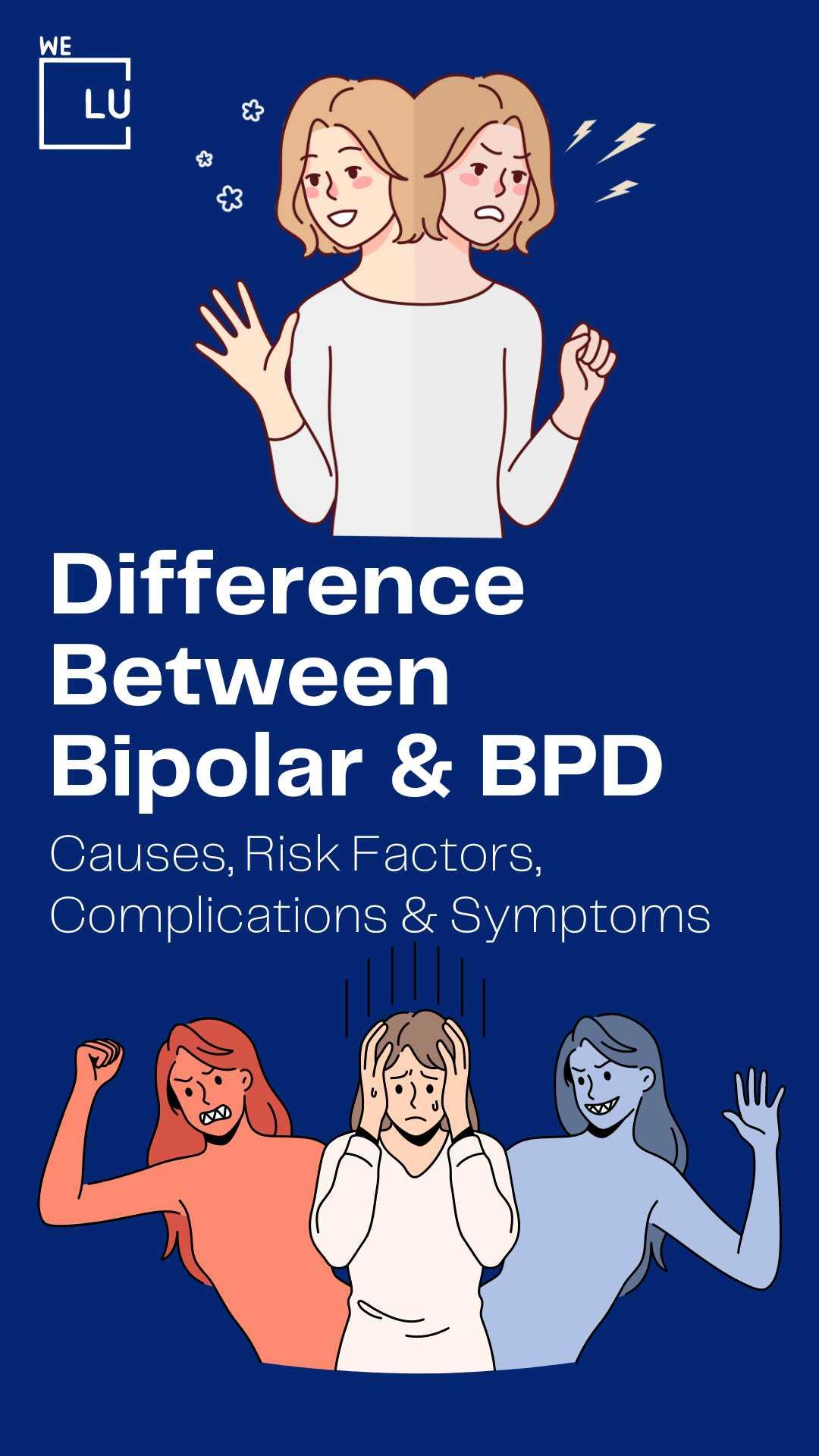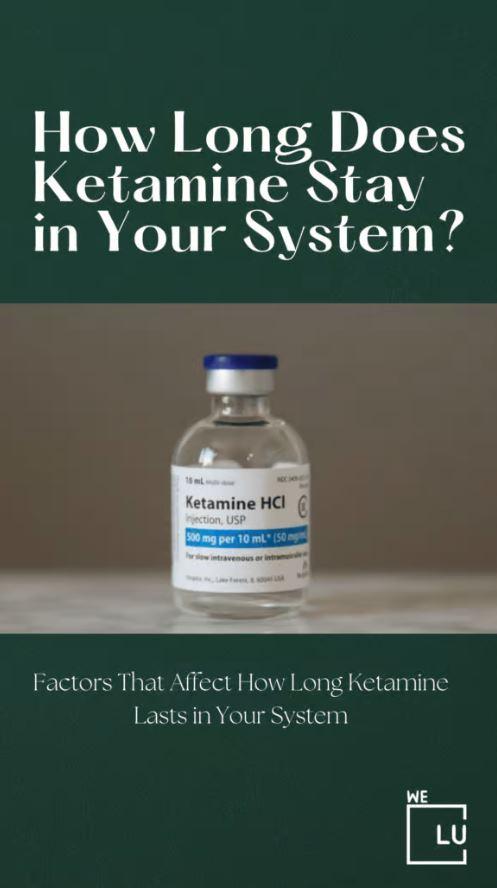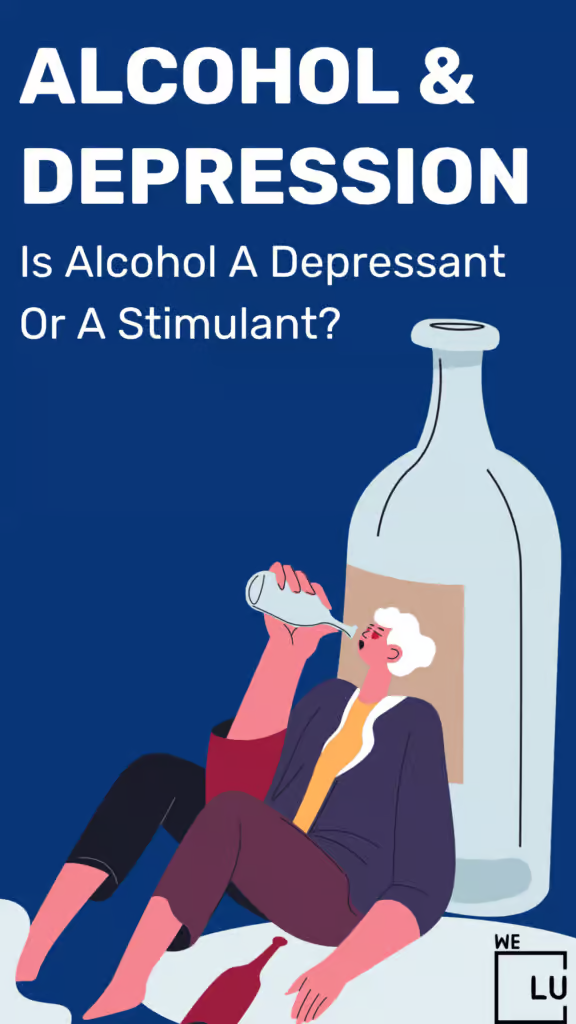Understanding Antisocial Personality Disorders (ASPD)
What is ASPD? Sometimes called sociopathy, antisocial personality disorder is a mental condition where the person does not distinguish between right and wrong and tends to become abruptly angry, annoying, and intentionally abusive.
Another characteristic of this abusive disorder is the capacity to manipulate, and cause physical or emotional to them or the ones around them.
Their actions tend to be aggressive without any reason, even breaking the law, ignoring the consequences and refusing to take responsibility for their actions.
Antisocial Personality Disorder Symptoms
Symptoms of antisocial personality disorder may include:
- Physical aggression, hostility or violence toward others.
- Reckless or impulsive behavior.
- Breaking the law or disregarding rules and social norms.
- Feeling angry, more powerful or better than others.
- Using wit, flattery and charm to manipulate, lie or deceive others for personal gain or enjoyment.
- Not taking responsibility for actions or behaviors.
- Not showing remorse, regret or concern for behaviors.
Early symptoms of Antisocial Personality Disorder:
ASPD symptoms in adults shows before the age of 15. Symptoms of a conduct disorder include severe and persistent behavior problems, such as:
- Aggression toward people and animals
- Destruction of property
- Lying and dishonesty
- Theft
- Serious violation of rules
Research indicates that the severity of ASPD disorder typically peaks between the ages of 20 and 40, with a tendency for improvement beyond the age of 40.
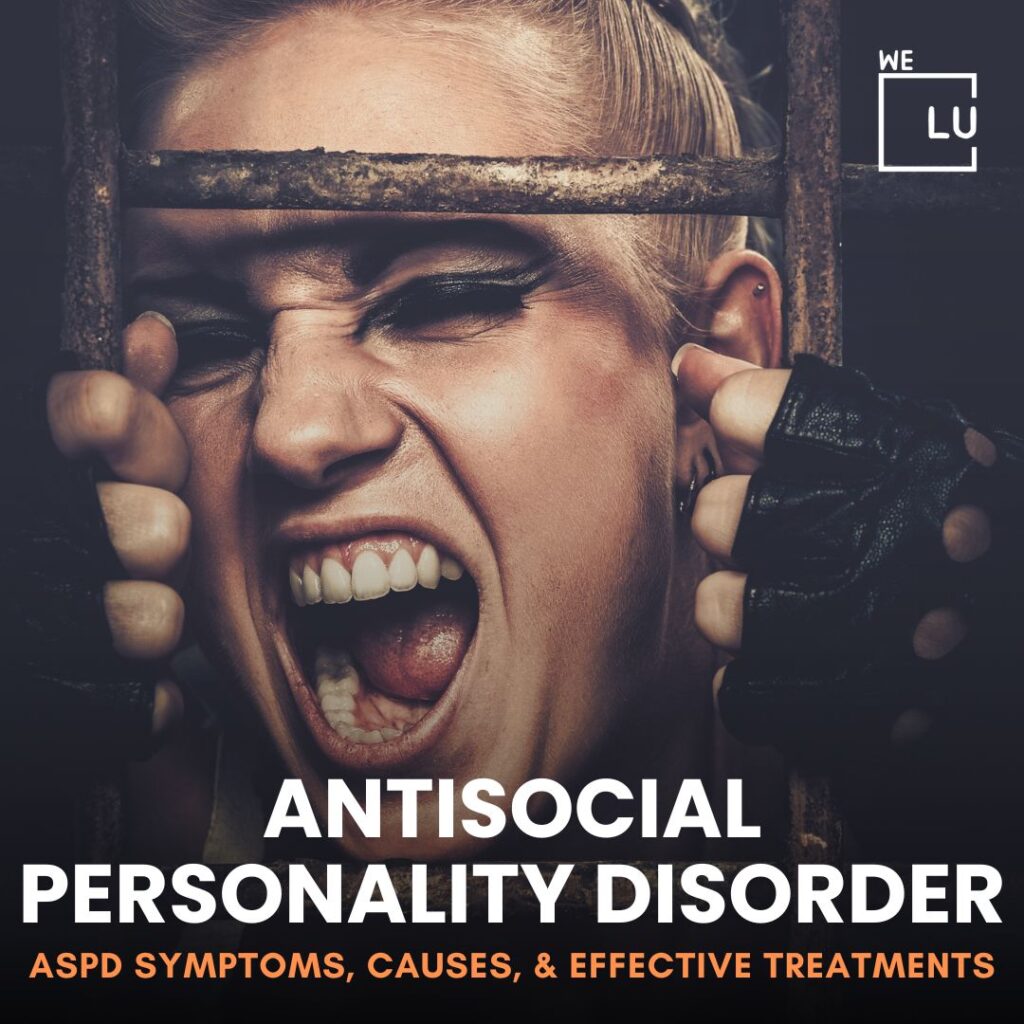
Skip To:
Learn More:
Antisocial Personality Disorder examples
- Breaking laws regardless of gravity.
- Aggressive fights with a partner, over petty things, or making big fights out of small arguments.
- Explosive responses with yelling, swearing or hitting.
- Abuse of psychoactive substances or early signs of alcoholism.
- Pursuit of street fights.
- Passive-aggressive behaviors with family members, children, partners, co-workers, friends.
Get resources for Antisocial Personality Disorder treatment that works. Discover professional help from We Level Up’s addiction and mental health therapists. Start getting support with a free call to our addiction hotline.
Get Help. Get Better. Get Your Life Back.
Searching for Accredited Drug and Alcohol Rehab Centers Near You? We Level Up Texas Is Opening Soon!
Even if you have failed previously and relapsed, or are in the middle of a difficult crisis, we stand ready to support you. Our trusted behavioral health specialists will not give up on you. When you feel ready or just want someone to speak to about therapy alternatives to change your life call us. Even if we cannot assist you, we will lead you to wherever you can get support. There is no obligation. Call our network hotline today.
FREE Addiction Hotline – Call 24/7The Real ASPD meaning (tips to live with some with ASPD)
How can you live with someone struggling with ASPD? People suffering from Antisocial Personality Disorder have usually a co-occurring diagnosis combined with PTSD or Narcissistic Disorder, plus some of them suffer from alcohol abuse or drug addiction.
Living with someone with ASPD disorder is not an easy task, some crises are substance-induced which makes the convivence even worse. Here some tips to live with some with ASPD:
- Look up information about ASPD disorder, understand what it is, understand it.
- Accept the person as he/she is. It is not good to generate ideals that are not real
- Do not fall into their manipulations or exploitations. Stand firm in your refusals.
- They tend to be highly intolerant and will demand an empathy from you that they will not have with you. If you do not want confrontations, do not blame them, although you can explain with good words that you would like them to pay the same attention to you on another occasion so that it is a reciprocal communication.
Antisocial Personality Disorder vs Psychopathy; Is this the same thing as being a psychopath?
The term “sociopath” is used to describe an individual diagnosed with antisocial personality disorder, whereas “psychopathy” pertains to a collection of personality traits and is not formally recognized as a diagnosis. The consensus among most experts is that there exists both an overlap and a clear distinction between the two psychopath and antisocial personality.
Some studies examining rates of psychopathy have reported a slightly decreased prevalence in women compared to men. Thus, suggesting that there is a gender bias existing either in the diagnostic assessment tool or the assessment items themselves. Based upon previous research, it has been reported that there is a bias within both the assessment tool and assessment items, which results in the differences in genders in the diagnoses of psychopathy
Focus on Behavior vs. Personality Traits: ASPD primarily focuses on observable behaviors and patterns of antisocial conduct. Psychopathy, however, emphasizes personality traits such as manipulativeness, lack of remorse, callousness, and a grandiose sense of self.
Overall, there are major observable differences in gender in ASPD, CD, and psychopathy. Within ASPD, males are more likely to be diagnosed than their female counterparts. [3]

Get Your Life Back
Find Hope & Recovery. Get Safe Comfortable Detox, Addiction Rehab & Dual Diagnosis High-Quality Care.
FREE Addiction Hotline – Call 24/7What Causes Antisocial Personality Disorder
Personality is the combination of thoughts, emotions and behaviors that make each person unique. It is the way people see and understand the outside world and relate to it, and the way they see themselves. Personality develops during childhood. It is likely to be formed from inherited genes and life situations and experiences.
The exact cause of antisocial personality disorder is unknown. However, the following is considered:
- Genes can make you vulnerable to developing ASPD disorder, and life situations, especially neglect and abuse, can trigger its development.
- Changes in the way the brain functions may have occurred during brain development.
- Behavioral Conditioning: Learning and reinforcement processes can contribute to the development of ASPD. If a person consistently engages in antisocial behaviors and experiences positive outcomes or rewards, it can reinforce them, leading to continued antisocial conduct.
Antisocial Personality Disorder Diagnosis

ASPD falls into 1 of 4 cluster-B personality disorders within the DSM V, which also includes narcissistic, borderline, and histrionic personality disorders. This activity reviews the role of the an interprofessional team in evaluating, treating, and improving the care for patients with this condition.
All of these disorders characteristically present with dramatic, emotional, and unpredictable interactions with others. Antisocial personality disorder is the only personality disorder that is not diagnosable in childhood. Before the age of 18, the patient must have been previously diagnosed with conduct disorder (CD) by the age of 15 years old to justify diagnostic criteria for ASPD.
Opening Soon! First-Class Facilities & Amenities
World-Class High-Quality Addiction & Mental Health Rehabilitation Treatment
Coming Soon! Rehab Centers TourRenowned Addiction Centers. Serene Private Facilities. Inpatient Rehab Programs Vary.
FREE Addiction Hotline – Call 24/7Proven recovery success experience, backed by a Team with History of:
- 15+ Years Experience
- 100s of 5-Star Reviews
- 10K+ Recovery Successes
- Low Patient to Therapist Ratio
- Onsite Medical Detox Center
- Comprehensive Dual-Diagnosis Treatment
- Complimentary Family & Alumni Programs
- Coaching, Recovery & Personal Development Events
Antisocial Personality Disorder Treatments
It is not common to see someone suffering with ASPD seeking help. It’s not easy to recognize that you are struggling with a mental health disorder, Those who do generally receive treatment only after some type of altercation with the legal system.
Antisocial Personality Disorder (ASPD) is a challenging mental health condition often requiring comprehensive and tailored treatment strategies. While there is no cure for ASPD, a range of approaches aims to manage its symptoms, reduce harmful behaviors, and improve overall functioning.
Therapies are the most used techniques to treat ASPD symptoms, aim to manage them, improve better lifestyle and address underlying issues.
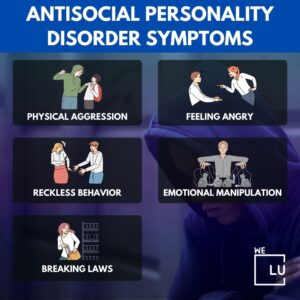
- Cognitive-Behavioral Therapy (CBT): identifies and challenges negative thought patterns and behaviors associated with ASPD. It aims to develop healthier coping strategies, improve problem-solving skills, and enhance empathy and perspective-taking abilities.
- Dialectical Behavior Therapy (DBT): DBT combines elements of CBT with mindfulness practices. It helps individuals with ASPD regulate their emotions, improve interpersonal skills, and develop coping mechanisms to manage impulsive and self-destructive behaviors.
- Group Therapy: Group therapy provides a supportive environment where individuals with ASPD can interact with others facing similar challenges. It offers opportunities for feedback, perspective-sharing, and learning prosocial skills and behaviors through interactions and group activities.
- Schema Therapy: Schema therapy focuses on identifying and addressing long-standing negative patterns or schemas that contribute to dysfunctional behavior. It helps individuals with ASPD understand the origins of their maladaptive coping mechanisms and develop healthier ways of relating to others.
- Anger Management Programs: As anger and aggression are common features of ASPD, specialized anger management programs can be beneficial. These programs help individuals identify triggers, manage anger and frustration, and develop healthier ways of expressing and dealing with intense emotions.
- Social Skills Training: Social skills training programs aim to improve interpersonal skills, empathy, and communication abilities in individuals with ASPD. Through role-playing, practice, and feedback, individuals can learn and develop more effective ways of relating to others.
- Medication: Medications may be used to treat some of the symptoms that a person with ASPDl may experience. Some of the medications that may be prescribed include:
- Anti-Anxiety medications
- Mood Stabilizers
- Antidepressants
- Antipsychotics
Overcoming Antisocial Personality Disorder (ASPD). Find the Support You Need.
If you have a family member or friend with Antisocial Personality Disorder (ASPD), seeking guidance from a mental health professional can be beneficial. They can assist you in acquiring coping strategies to establish boundaries, safeguarding yourself from potential harm. Additionally, group therapy and support groups can serve as valuable resources for both support and information.
Overcoming ASDP is often a challenging process to go through alone. Many people experience relapses during the Antisocial Personality Disorder treatment in an attempt to alleviate symptoms and satisfy cravings. However, you can manage Antisocial Personality Disorder symptoms and successfully recover with therapy and a robust support system at the We Level Up treatment centers. If you require assistance with your rehab journey, contact a We Level Up treatment professional now. Your call is free and confidential.
Get a free rehab insurance check without any obligation.
Opening Soon! World-class, Accredited, Anticipated 5-Star Reviewed, Effective Addiction & Mental Health Programs. Complete Behavioral Health Inpatient Rehab, Detox plus Co-occuring Disorders Therapy.
FREE Addiction Hotline – Call 24/7End the Addiction Pain. End the Emotional Rollercoaster. Get Your Life Back. Start Drug, Alcohol & Dual Diagnosis Mental Health Treatment Now. Get Free No-obligation Guidance by Substance Abuse Specialists Who Understand Addiction & Mental Health Recovery & Know How to Help.
Learn More about Personality Disorders
Start a New Life
Begin with a free call to an addiction & behavioral health treatment advisor. Learn more about our dual-diagnosis programs. The We Level Up treatment center network delivers recovery programs that vary by each treatment facility. Call to learn more.
- Personalized Care
- Caring Accountable Staff
- World-class Amenities
- Licensed & Accredited
- Renowned w/ 100s 5-Star Reviews
We’ll Call You
Search We Level Up Antisocial Personality Disorder, Mental Health Topics & Resources
Sources
- MayoClinic.org – Antisocial Personality Disorder
- National Institues of Health – Sex Differences in Antisocial Personality Disorder Symptoms
- Morga B. Weldon; Department of Psychology, Oklahoma State University: Gender Patterns in Antisocial Personality Disorder and Psychopathy
- Victoria Sierra, 20217; University Of California: BIOLOGICAL AND BEHAVIORAL DIFFERENCES BETWEEN MEN AND WOMEN WITH ANTISOCIAL PERSONALITY DISORDER
- Patrick M. Reilly, Ph.D; Anger Management and Temper Control
- Patino J, CRIMINOLOGICAL Volume: 1 Issue: 6 Dated: (MAY 17, 1978) Pages: 9-38 – US Department of Justice
- PsychologyToday.com – Antisocial Personality Disorder Symptoms.
- Glenn AL, Johnson AK, Raine A; Antisocial personality disorder: a current review.
- National Alliance of Mental Illness; Know the Warning Signs
- SAMHSA – ASPD Disorder


